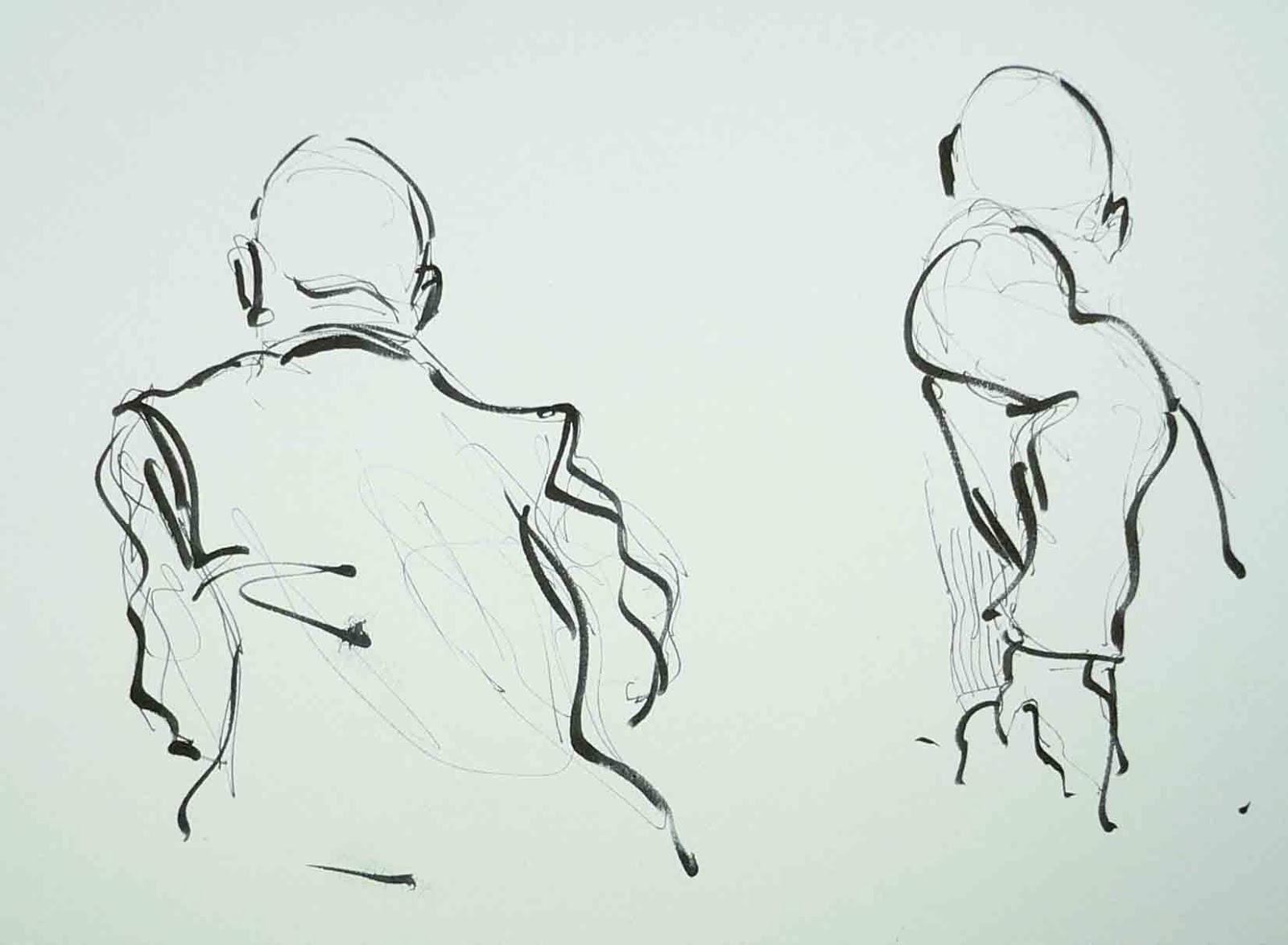[contextly_auto_sidebar id=”WhCbsKAMfs70jl03jN6sUXhAUuv3gDT0″]
A consultation conducted by the London Borough of Haringey into a proposed council tax relief scheme was ‘unfair and therefore unlawful’, the Supreme Court has ruled.
In R (on the application of Moseley) v London Borough of Haringey, the five Justices unanimously overturned the earlier judgment of the Court of Appeal in what has become the first case in which the highest court of the UK has been required to consider the law relating to consultations.
The court decided that Haringey Council, in carrying out the consultation it was required to conduct following the abolition of Council Tax Benefit by central government, presented its preferred proposal as ‘the inevitable consequence’of government funding cuts and therefore ‘misleadingly implied that there were no possible alternatives to that choice’.
The abolition of Council Tax Benefit: an ‘appalling policy’
Council Tax Benefit was a scheme made by the Department for Work and Pensions but operated by local authorities which provided for means-tested relief from council tax, in whole or in part, for certain persons. However, the coalition government abolished Council Tax Benefit through the Welfare Reform Act 2012 and obliged all local authorities to consult upon and then establish a Council Tax Reduction Scheme (‘CTRS’) in its place for those considered to be in financial need of relief from council tax.
In developing their local Council Tax Reduction Schemes to replace Council Tax Benefit, councils were informed that the government funding for the schemes would be set at 90% of the amount previously paid for the benefit. The inevitable result of this was a funding shortfall for local authorities, which would have to decide to address this either by reducing the support available, cutting expenditure on other services, increasing council tax for wealthier residents or absorbing the deficit from reserves of capital.
The move caused considerable disquiet among Haringey councillors, and no doubt within other local authorities: Haringey’s Cabinet Member for Finance described it as ‘one of the most appalling policies of the government’. A financial analysis presented to the council reported that the effect of the government reforms would leave Haringey with a shortfall of over £3.8m if it opted to introduce a scheme providing the same level of relief as was available through Council Tax Benefit.
The council published a draft scheme which would require all working age people in the borough – including the appellant – who had previously been eligible for full Council Tax Benefit to pay approximately 20% of their council tax liability. The Local Government Finance Act 2012 obliged Haringey to consult such persons ‘it considers likely to have an interest’ in the operation of its Council Tax Reduction Scheme, which it duly did in autumn 2012.
The consultation and the legal challenge
Haringey delivered copies of its consultation to each of the 36,000 households in the borough which were entitled to Council Tax Benefit and also posted the consultation online. The council explained to residents that the benefit was being abolished and local authorities were required to replace it with a local scheme. It stated that the introduction of such a scheme ‘will directly affect the assistance provided to anyone below pensionable age that currently receives Council Tax Benefit’.
The consultation booklet further explained that the annual shortfall in the council’s funding resulting from government reforms ‘could be as much as £5.7m’. It contained no reference to alternative methods of addressing this shortfall apart from reducing the relief from council tax; instead the consultation betrayed an assumption that the inevitable consequence was a reduced rate of support for Haringey’s poorest residents.
After the conclusion of the consultation, Haringey decided to implement a Council Tax Reduction Scheme which meant that the support previously provided to working age recipients of Council Tax Benefit (excluding disabled people) would be reduced by 19.8%. This scheme came into operation from April 2013.
In the meantime, an application for judicial review of the lawfulness of Haringey’s consultation had been made by two single mothers resident in Haringey who until April 2013 had been in receipt of full Council Tax Benefit and thus exempt from paying any council tax. The claimants argued that Haringey should have consulted on alternative options for addressing the shortfall in funding, that the consultation document was misleading and that it provided insufficient information to consultees. After the Administrative Court ruled in favour of Haringey, one of the claimants, Ms Stirling, appealed to the Court of Appeal.
The appeal was dismissed by the Court of Appeal in February 2013 and Ms Stirling submitted a further appeal to the Supreme Court, but subsequently became unwell and unable to proceed with the case herself. Ms Moseley, also a single mother resident in Haringey who had been in receipt of full Council Tax Benefit, was substituted as the appellant by consent.
The judgment(s) of the Supreme Court
The question for the court was summarised by Lord Wilson in the first paragraph of the judgment: ‘When Parliament requires a local authority to consult interested persons before making a decision which would potentially affect all of its inhabitants, what are the ingredients of the requisite consultation?’
The court endorsed the ‘Sedley criteria’advanced and accepted in R v Brent London Borough Council ex parte Gunning as ‘a prescription for fairness’in consultations:
- Consultation must be when proposals are still at a formative stage;
- The proposer must give sufficient reasons for any proposal to permit intelligent consideration and response;
- Adequate time must be given for consideration and response; and
- The product of consultation must be conscientiously taken into account.
Lord Wilson considered that in certain circumstances, fairness will require consultation ‘not only upon the preferred option but also upon arguable yet discarded alternative options’. In this case, fairness ‘demanded’ that the consultation refer to other ways of absorbing the funding shortfall and the reasons Haringey had concluded such alternatives were unacceptable. This ‘would not have been onerous’for Haringey, which instead sent the message to consultees that other options were irrelevant.
Lord Reed focussed more on meaningful public participation than fairness when looking at the duty to consult; such participation requires that a consultation provide ‘an outline of the realistic alternatives, and an indication of the main reason for the authority’s adoption of the draft scheme’.
The Supreme Court was unanimous in allowing the appeal, although it was considered disproportionate to order Haringey to undertake a fresh consultation exercise as its Council Tax Reduction Scheme has now been in operation for over 18 months. Had the decision been taken before the scheme was introduced, it is more than likely that the court would have quashed the scheme and required Haringey to consult again.
‘A clear message to local authorities’
The judgment will have consequences for any on-going or future consultations by public authorities and provides the first authoritative view from the highest court in the UK on the requirements of a lawful consultation exercise.
Public authorities should be mindful of the need to consult on alternatives to their preferred proposal where it may be unfair not to do so and should ensure that information provided to consultees is not misleading. In addition, Lord Wilson confirmed that the demands of fairness ‘are likely to be somewhat higher when an authority contemplates depriving someone of an existing benefit or advantage than when the claimant is a bare applicant for a future benefit’. This would therefore apply to all cuts in services, such as day centres and care homes.
The court found that it was disingenuous for Haringey to frame its consultation on the basis that the inevitable result of a reduction in government funding was a concomitant reduction in support for recipients of Council Tax Benefit, particularly as 58% of local authorities decided to partially or wholly absorb the shortfall by means other than reducing council tax relief.
Alex Rook, a partner at Irwin Mitchell who represented Ms Stirling and Ms Moseley, said the judgment ‘will make a real difference in future to the way in which ordinary people are involved in decisions which affect their lives.’
‘The ruling will send a very clear message to all local authorities that they need to ensure that their consultations present the options in an accurate way and truly involve local people in the decision making process,’ he added.







